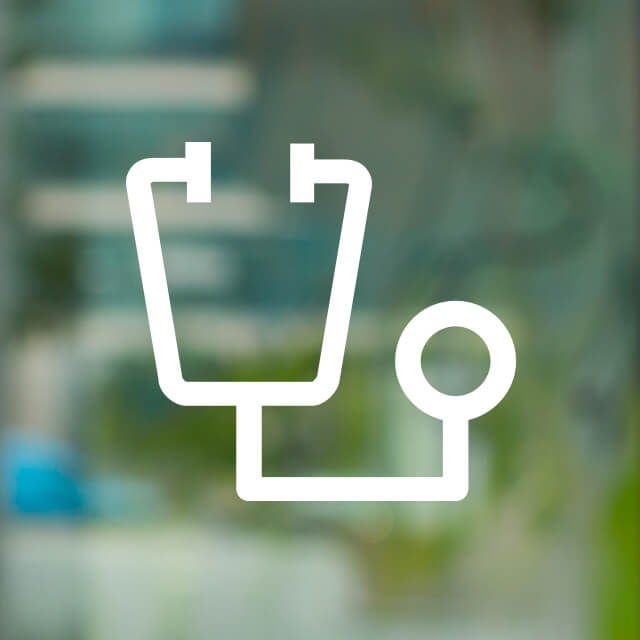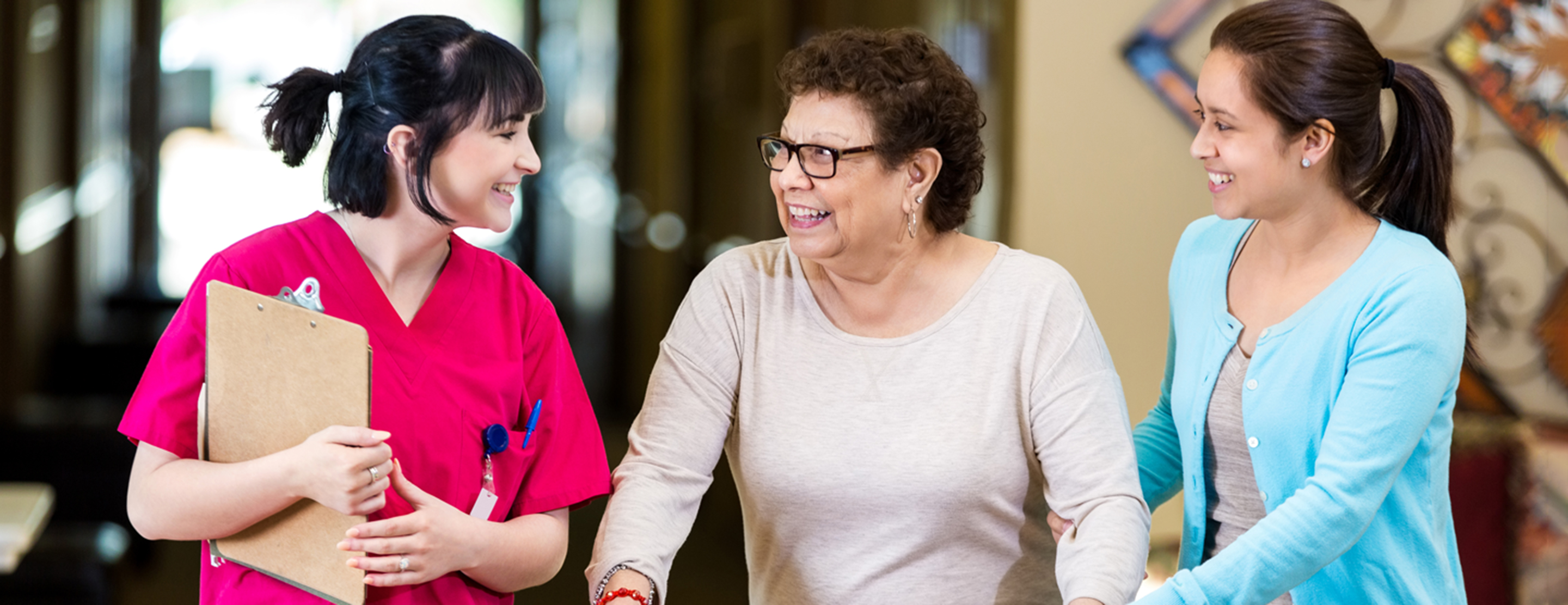
Fine Needle Aspiration Biopsy Clinic
At the UCSF Fine Needle Aspiration Biopsy Clinic, our cytopathologists – specialized pathologists who diagnose diseases at the cellular level – offer consultation services, evaluate patients and perform same-day fine needle aspiration (FNA) biopsies. For abnormal growths that are not easily felt, ultrasound imaging is used as a guide in doing the biopsy.
In an FNA biopsy, cells are removed from a lump using a needle and syringe. The cells are evaluated under a microscope to determine the nature of the lump. Benign growths, cancers and infections can be diagnosed this way. Special tests can be applied to these small samples to aid in diagnosing and treating cancer, including tumors of the breast, lymph nodes and thyroid. Diagnosis is usually made within two or three days after the procedure.
Doctor referral required
What to expect
- How long will it take?
We perform FNA biopsies on a walk-in basis. You will need a referral from your primary care doctor or other health care provider, but no appointment is necessary. After registering, patients are usually seen within an hour. Please allow at least an hour for your visit, including time for registration, preparation and the FNA procedure.
- What happens during a fine needle aspiration biopsy?
First, the doctor will ask some questions about the lump – where it is, how and when you first noticed it, and if you've noticed any changes in it. Next, the doctor will feel the lump. If it's not easy to feel, the doctor may use ultrasound to visualize it.
Holding the lump with one hand, the doctor will take a sample of cellular material from it with a thin needle. Ultrasound may be used to help the doctor visualize the lump and the needle within it. To get an accurate diagnosis, two or three samples are usually taken.
It takes about 10 to 30 seconds to obtain each sample. The procedure from start to finish takes about 20 to 30 minutes for lumps that are easily felt. Procedures that require the use of ultrasound may take quite a bit longer.
- What happens after the procedure?
When performed by an experienced doctor, FNA biopsy should have no significant complications. The most common problems after the procedure are bruising and tenderness in the area for a few days.
Discomfort can be treated with an over-the-counter pain reliever such as acetaminophen or the application of an ice pack for short periods at home.
- Is a fine needle aspiration biopsy covered by my insurance?
Patients who have HMO insurance need prior approval from their HMO before their visit. For more information, call the clinic.
Our locations
Our team
Awards & recognition
-

Among the top hospitals in the nation
-

Best in Northern California for cancer care (tie)
-
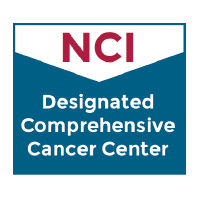
Designated comprehensive cancer center
Support services
Plan your visit
What to Bring
- Photo I.D.
- Health insurance card
- Insurance authorization, if required
- Doctor's referral, if required
- Recent test results related to your condition
- List of your medications, including dosages, plus any you're allergic to
- List of questions you may have
- Device or paper for taking notes
Our research initiatives
-
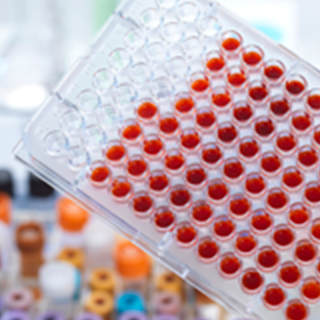
UCSF Department of Pathology Research
The UCSF Department of Pathology has numerous research programs that collaborate with other groups at UCSF to improve patient care in many areas, such as cancer and transplantation medicine.
-
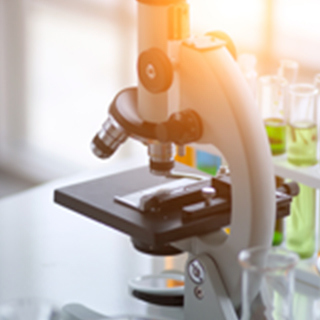
UCSF Helen Diller Family Comprehensive Cancer Center Research
UCSF is home to a range of research initiatives aimed at improving outcomes for cancer patients everywhere. This includes research on topics such as immunotherapy, BRCA mutations and molecular diagnostic testing.













